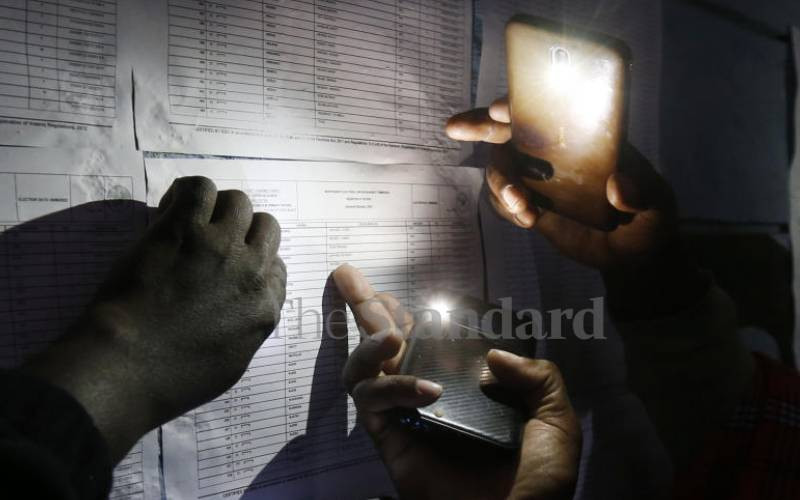×
The Standard e-Paper
Stay Informed, Even Offline

The low voter turnout in this year's national elections may have been driven by feelings of despondency among the youth.
Close to 40 per cent of the 22.1 million registered voters in Kenya are young people. It is probable that most of them were born after the turn of the millennium. They are therefore unlikely to appreciate the fundamental rights and liberties they enjoy today epitomised by the exercise of universal suffrage.